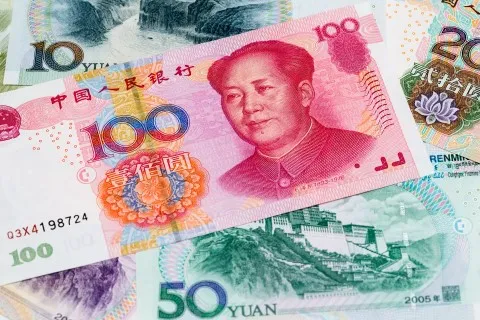
Widening fiscal deficit could spill over to 2021
The government is urged to inject more cash into the retail, tourism, and F&B sectors.
As the government continues to provide fiscal stimulus for businesses and households to combat the social unrest and COVID-19 impact, Hong Kong’s fiscal deficit could likely broaden up until FY2021, according to Fitch Solutions.
The report also cited an assessment from Finance Secretary Paul Chan, who is expecting to see deficits in FY2019/2020 (April-March) and FY2020/2021.
“However, vast fiscal reserves, which stood at $1.1t (39% of 2019 GDP) as of December 2019, affords the government ample space to fund additional expenditures without having to issue debt. Therefore, we see no significant, long-term threat to public finances from this episode for now,” Fitch Solutions assured.
Currently, Fitch Solutions stated that the Hong Kong government announced a $30b spending package (about 1% of 2019 GDP) to provide relief to struggling businesses and support the healthcare sector in its fight against the outbreak. About $16.9b will be allocated to provide one-off cash injections for businesses in the retail, food and beverage, transport, arts and culture, and tourism-related sectors.
Meanwhile, $10.2b will be allocated to the Hospital Authority, boosting local production of face masks, purchasing more protective equipment and other frontline sectors such as security guards and cleaners. The remaining $2.9b will be set aside for further contingencies.
However, the report also noted that retail, tourism and property segments may continue to worsen in 2020, coupled with a broadening unemployment rate.
“Tourism is still likely to remain depressed in 2020, given that Mainland Chinese, who made up more than two-thirds of arrivals in Hong Kong in 2018, are likely to stay away,” the report stated. “The extent of the decrease in tourist arrivals is likely to be larger than that seen in 2019.”
This, in turn, will have an effect on retail properties. Price growth tracked by the Centa-City Index in 2019 showed that it inched up an average of just 0.5% YoY, compared to 14.8% YoY in 2018.
“The limited upside to property prices due to government measures to increase housing supply in response to political unrest as well as the likelihood for poor market sentiment among both political and economic upheaval, further supports our view for a poor retail sales outlook,” Fitch Solutions noted.
Moreover, real wages have stagnated. The overall unemployment rate rose from 2.6% in January 2019 to 3.1% in December 2019, whilst real wage growth went from 0.3% YoY to a decline of 0.8% YoY in the same period, pointing to yet more pain for retail sales.
Fitch added that the support measures from the government in 2019 were able to aid in slowing down in unemployment growth since October 2019.
“Therefore, despite the dire outlook laid out above, we expect the $16.9b in cash infusions, of which $5.6b will go to the retail sector, to help stanch job losses over the coming months, and expect unemployment in these sectors to remain steady for that period,” it concluded.
Fitch Solutions is projecting Hong Kong’s real GDP to fall 2.6% in 2020. Because of this, they are expecting further fiscal stimulus aimed especially at the retail, F&B and tourism related sectors in 2020 as the challenges facing Hong Kong’s economy are still in play.


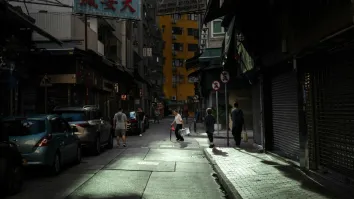
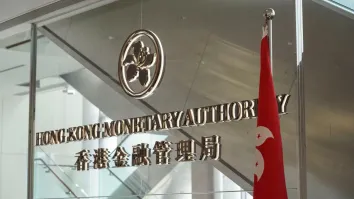


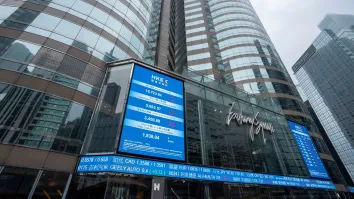



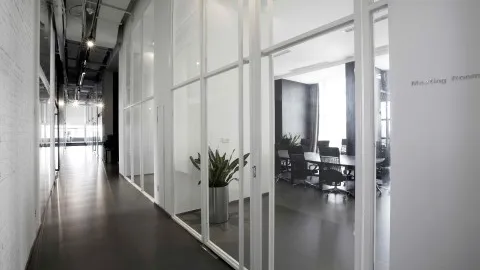




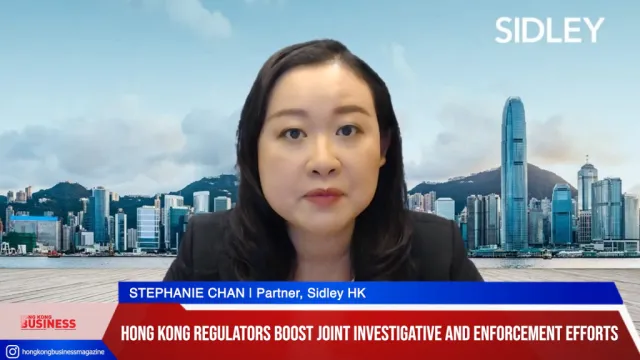
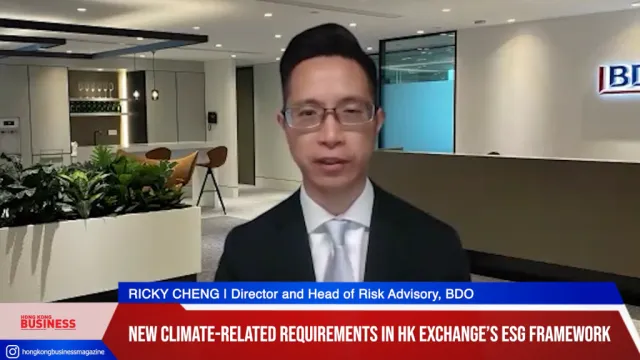
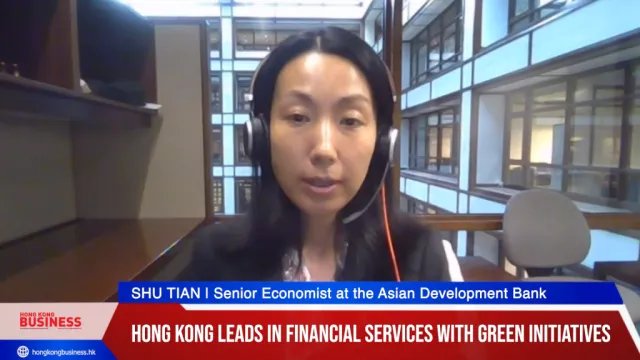

 Advertise
Advertise






